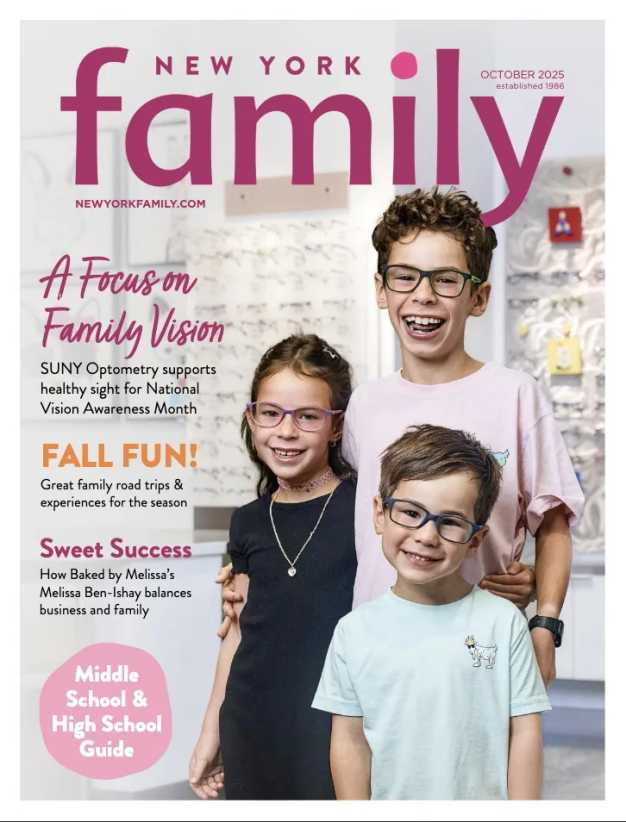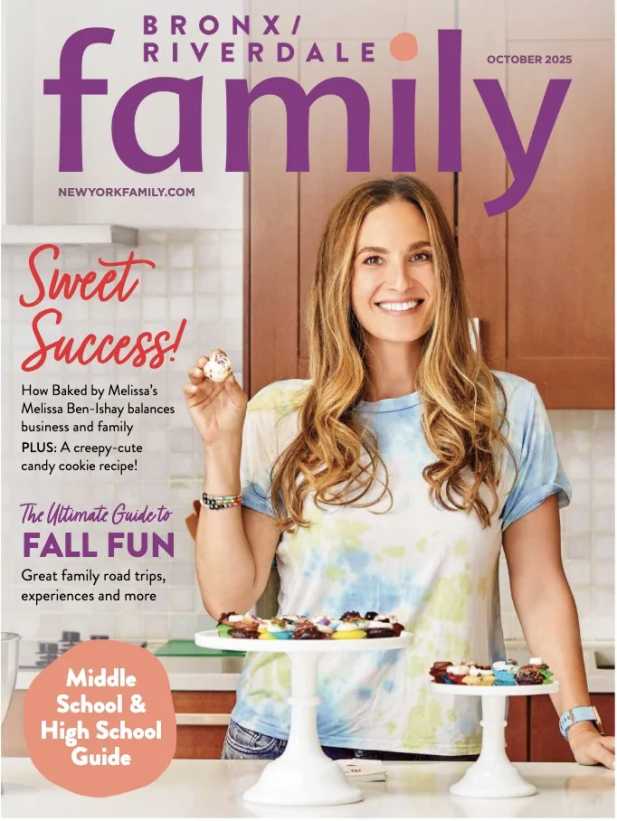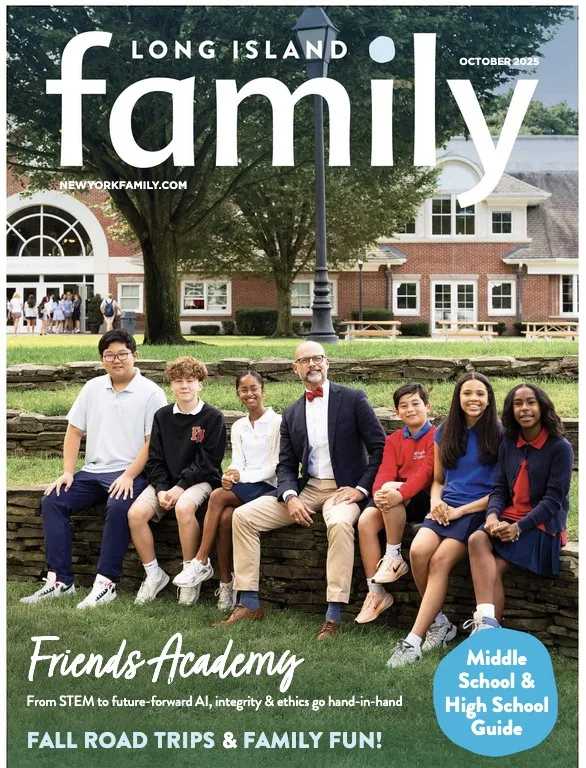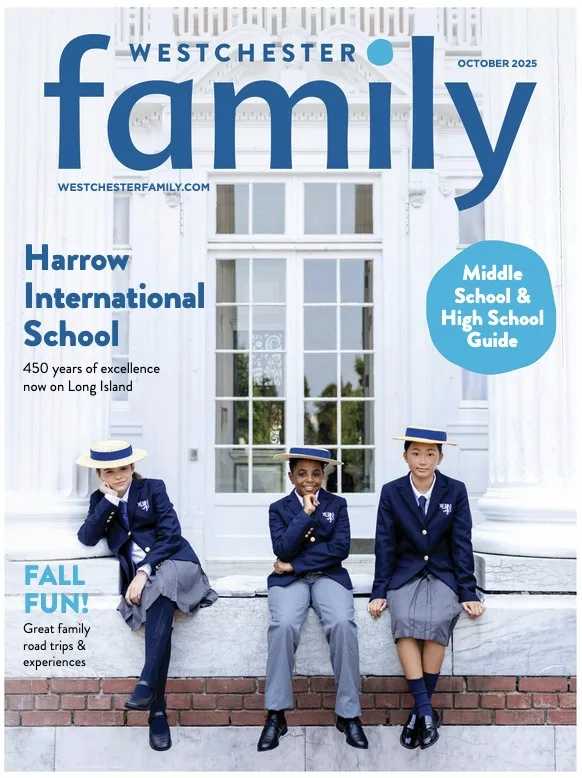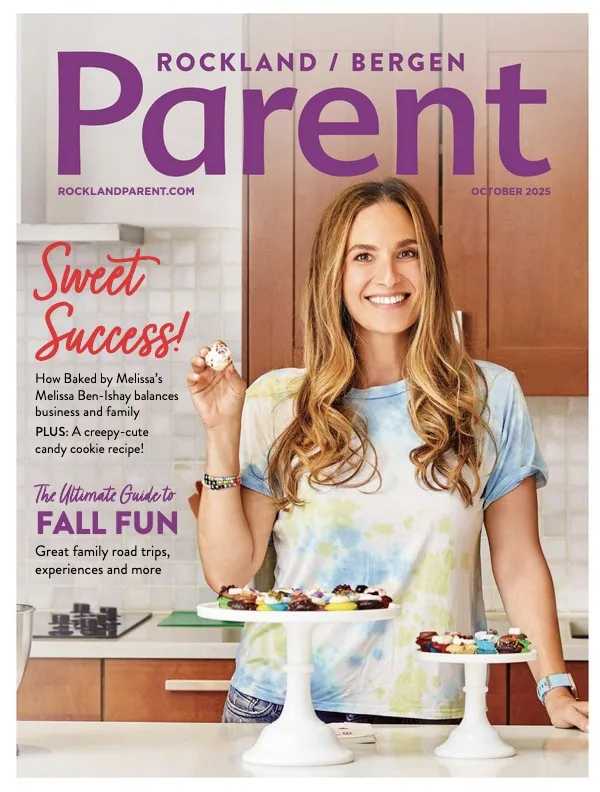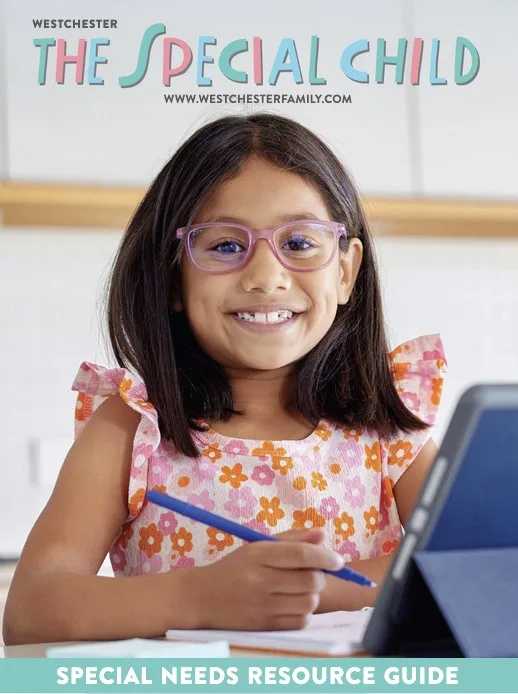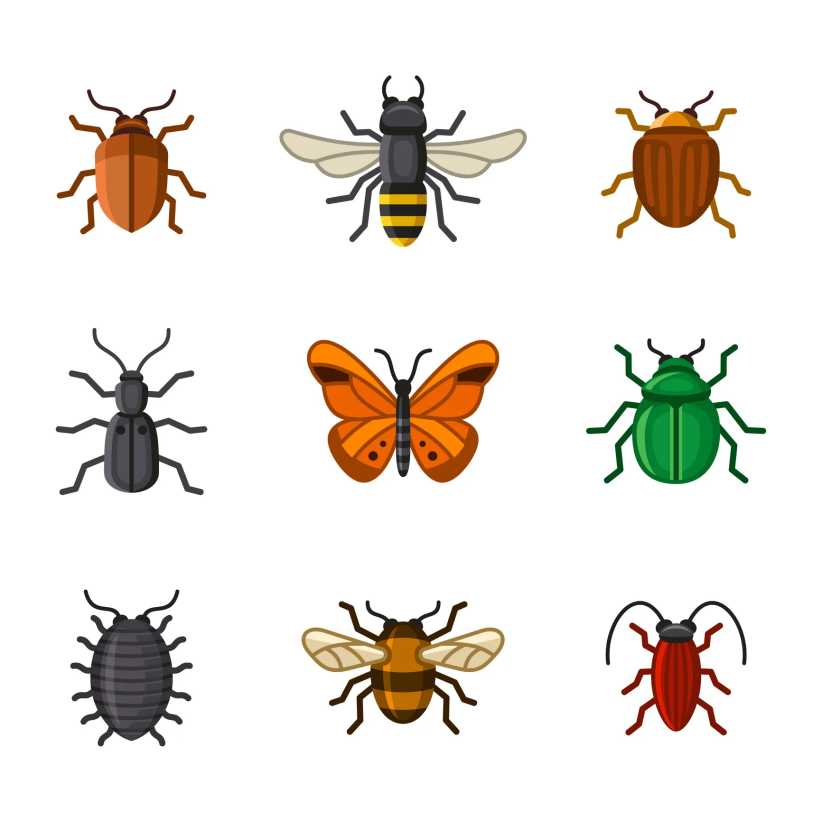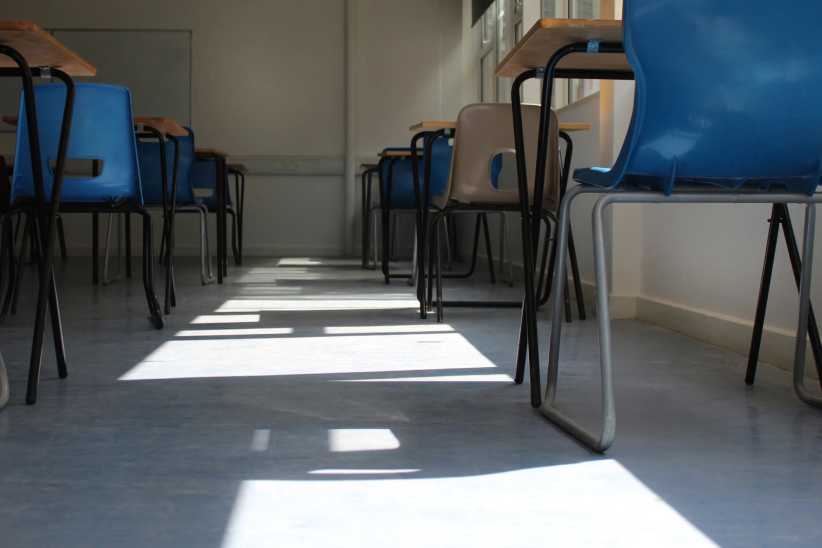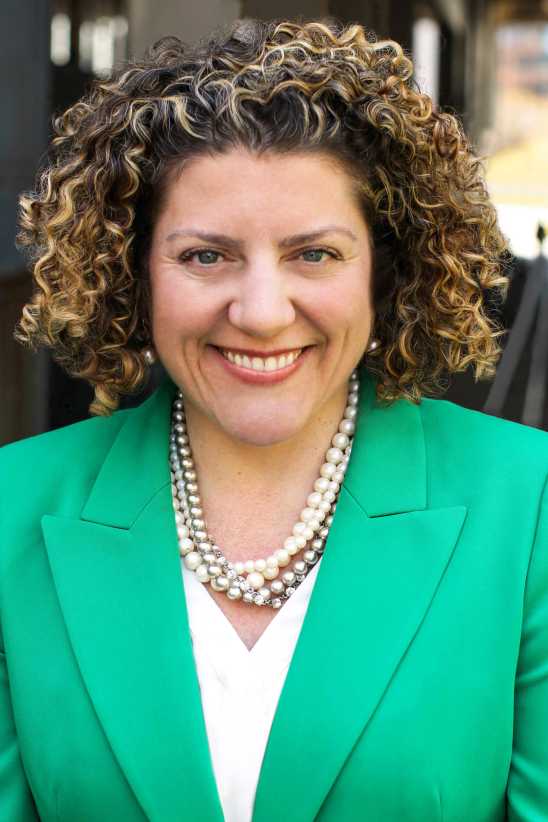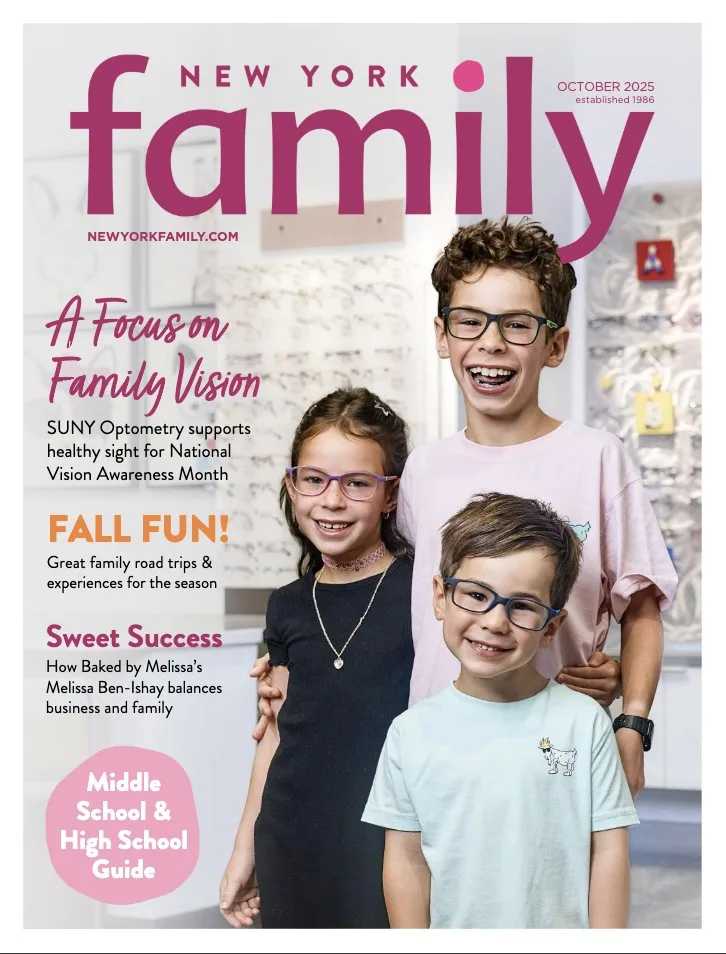Parents, your goal is for your children to have a happy and healthy summer. We have some suggestions based on the fact that children in grades kindergarten through 12 are gaining more weight and falling further behind in learning during the summer. You certainly don’t want this to happen to your children.
Dos for a productive summer:
• Bring your children up to grade level in every subject through your efforts or outside help.
• Have a daily family reading half-hour where everyone gathers in one room and reads. No discussion is necessary. However, it can be fun if several family members read the same books or magazines and talk about them. For example, think of the different perspectives you and your children might have on articles in People magazine.
• Make summer a skill-building time for such non-academic activities as sports, music, dance, cooking, knitting, photography, and whatever else interests your children. Gaining skills in any of these areas will help children build confidence in their abilities. This is especially important if your children are not academic superstars.
• Have a variety of family-oriented activities such as weekend hikes or biking outings, game nights, picnics, visits to historical sites and colleges, and attending sporting events and musical performances.
• Have daily household jobs for every child that contribute meaningfully to the running of the house.
Don’ts for a productive summer:
• Let your children spend too much of their time on entertainment media, including TV, video games, Facebook, and Twitter.
• Let your children avoid fairly vigorous daily physical activity.
• Let your children eat a steady diet of unhealthy foods.
Freezing on tests hurts middle schooler
Dear teachers,
My son will be in eighth grade next fall. He has always gotten good grades in math class. Unfortunately, he is a terrible test taker and froze up on the math placement test. He has been placed in the lowest or next-to-lowest math class and will not be allowed to take algebra. I don’t think this is fair, as he did well in the pre-algebra class.
Dear parents,
Freezing up on tests is going to cause your son a lot of trouble later on in high school. It has already denied him a place in the algebra class and landed him in a low math class. Being a terrible test taker could even cause him to have problems with algebra if he is placed in that class. Before you push to get him to take algebra next year, consider whether it is likely that he can pass the algebra tests successfully, so he can go onto geometry.
You need to help him get a handle on freezing up on tests. A study skills course at a learning center could be helpful. Also, you or a tutor could teach him such techniques as spacing out studying before a test, re-doing all problems in a lesson for better preparation, reading directions carefully, doing the simple questions first to build confidence, skimming the test to figure out how to pace himself, and skipping questions he doesn’t know. If his anxiety continues, he should ask the school counselor for help.
A test score should not be the only factor in deciding who should take algebra. Hopefully, this is not the case at your son’s school. If school is still in session, contact his pre-algebra math teacher at once and ask the teacher if your child is truly ready for algebra. If the teacher thinks he is, ask that he or she intercede, so your son can take algebra next year. If you can’t contact the teacher, find out how to resolve this situation before the next school year begins.
Appealing summer activities
Dear teachers,
I have three grandchildren, ages 10, 8, and 5. I would love to have some new activities for them to do as I spend so much time with them in the summer. Do you know any that are both fun and educational?
Dear parents,
There are many websites with appealing summer activities. Do visit www.activitytv.com, which allows children and adults to work together on all kinds of fun activities. The site offers videos and written instructions for projects, from origami to science to cooking and much more.
The Lawrence Hall website (www.lawrencehallofscience.org/kidsite) has many experiments that may tie in with what the older children are doing at school. For example, your grandchildren could compare the size of their ears or feet to those of many animals. Plus, we have academic activities that are fun on our website (dearteacher.com) under “Learning Activities.”
These are at-home activities. They’re fun, but visiting places in your community can really widen your grandchildren’s knowledge of the world. Why don’t you select one day a week and call it “Adventure Day?” You can have a short adventure and end it with a picnic lunch.
Try visits to a fire station; a factory; a museum; rides on trains, buses, and boats; along with visits to parks with interesting attractions. Time at a swimming pool, bowling alley, or miniature golf can even teach new skills. You’ll find many more in this parenting magazine.
Parents should send questions and comments to dearteacher@dearteacher.com or ask them on the columnists’ website at www.dearteacher.com.
©Compass Syndicate Corporation, 2012
Distributed by King Features Syndicate
